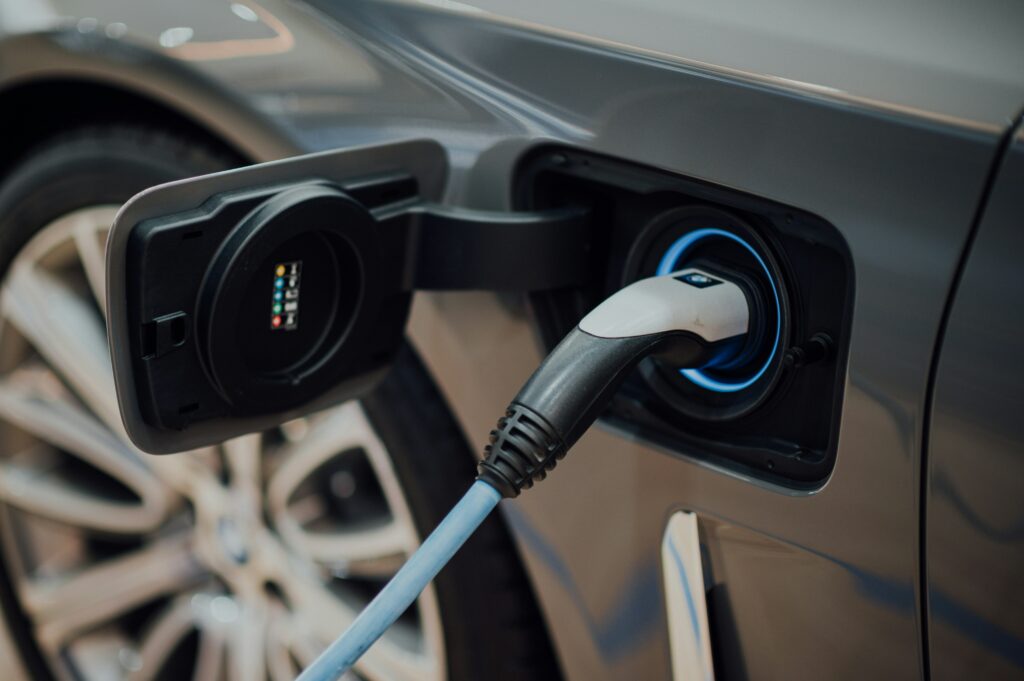How Are We Navigating the Transition? Overcoming Hurdles for the Electric Vehicle Revolution
Unless you’ve been living under a rock, there has been a change in the way that many of us are choosing to get around. The world of transportation is changing rapidly, electric vehicles (EVs) are being pit as shining stars, showing us a path to a cleaner, more sustainable future. The popularity of electric vehicles (EVs) has been steadily growing over the past decade, driven by several factors including advancements in technology, environmental concerns, government incentives, and changing consumer preferences. They are so popular in fact that Evs are projected to achieve a market volume of US$906.7bn by 2028 (according to Statistica).

This decade long rise in popularity has been fuelled by advancements in technology, environmental concerns, government incentives and shifting consumer preferences. Globally, the EV market has experienced rapid growth, with over 1 million electric cars on the road in the UK as of March 2024, marking a significant milestone in the transition towards electrified transportation. While this growth is widespread, regional variations exist, with countries like Iceland, Norway, Sweden, the Netherlands and China presenting as leading EV adopters leading the charge due to supportive policies and robust charging infrastructure. The surge in EV adoption is closely tied to the urgent need to address climate change, as transportation emissions are a major contributor to greenhouse gases. To accelerate this transition, governments worldwide are implementing policies and incentives such as tax credits, rebates, and subsidies, alongside regulations aimed at phasing out internal combustion engine vehicles.
As these vehicles become more popular, they’re starting to appear everywhere, reminding us of their potential to make a big difference. But with all this excitement, we have some questions: How can we make sure more people switch to EVs? How can we make the transition to electric cars easier for everyone?
1. Why are Electric Vehicles Important?
Electric vehicles (EVs) are important because they help reduce pollution and lessen our reliance on fossil fuels. They offer a glimpse into a future where the air is cleaner, and our planet is healthier.
2. What Challenges Do Electric Vehicles Face?
But there are challenges along the way. We need more places to charge EVs, and we need to figure out how to make batteries more sustainable. These are big challenges that need creative solutions.
3. How Can We Make the Transition Easier?
So, how do we make things easier for people who want to drive EVs? Imagine if there were charging stations everywhere, just like there are gas stations now. That would make it much more convenient for everyone.
4. What’s Next for Electric Vehicles?
Looking ahead, there’s a lot of promise for electric vehicles. As we work together to overcome challenges and find new solutions, we’re moving closer to a future where EVs are a big part of our lives, making the world a cleaner, greener place.
Share This Story
Related Posts

Sustainable Graduation Gifts They’ll Love
When it comes to finding the perfect gift for these eco-minded grads, you don’t look too far; here’s a guide to gifts that will not only celebrate their hard-earned achievements but also resonate with their passion for sustainability.

New PEFC Survey Reveals Consumer Unawareness of Forest-Derived Fibres in Fashion, Highlighting Need for Sustainable Practices
Discover the latest PEFC survey revealing that nearly half of consumers are unaware that their clothing contains forest-derived fibres.

The White Company Is Now B Corp Certified! Here Are My Top Homeware Picks
The White Company have now been recognised for their efforts in limiting their social and environmental impact and have been given the ultimate sustainability stamp of approval – a B Corp Certification.

7 Highlights from Global Fashion Summit
This year’s Global Fashion Summit in Copenhagen emphasises the need for a just transition and the role of influencers.
